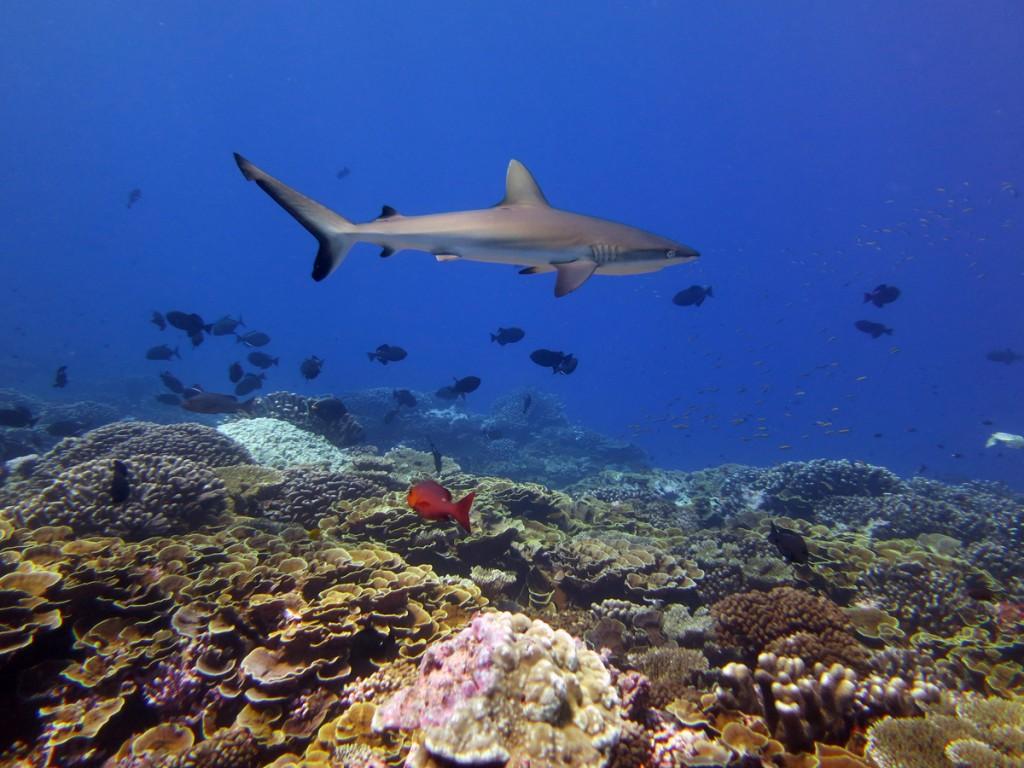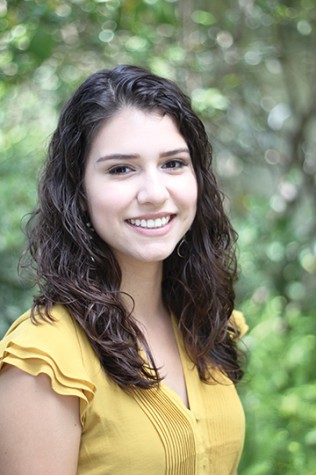A San Diego State professor and world-renowned marine microbial ecologist Forest Rohwer said there are 100 times more viruses in your body than there are cells.
“You are more viral than human,” Rohwer said.
In 2001, along with professors Anca Segall and Peter Salamon, Rohwer pioneered the use of metagenomics, using sequence data to estimate how many viruses or bacteria are in a field sample.
“Most of the genetic diversity on the planet is viral, and most of it is unknown,” Rohwer said. “Nobody has ever studied viruses or observed them, for that matter. We’ve found more species than anybody ever has in the history of the world, but we don’t know much about them.”
In line with SDSU’s Areas of Excellence campaign, Rohwer is working with his team and the Viral Information Institute to research viruses and how they affect the environment. More specifically, they are focused on studying the phage in two types of species: coral reefs and humans. The team is interested in the mucousal surfaces of these species.
“They complement each other a lot,” Rohwer said. “If I showed you a close-up picture of a coral, you wouldn’t be able to tell the difference from the surface of a coral and the surface of a human. That’s how similar we are.”
Last summer, Rohwer and his colleagues traveled to the Arctic in an expedition sponsored by the Russian Geographical Society and National Geographic to obtain samples of viruses and bacteria in the water and in walruses. The team also examined sea anemones, which are closely related to coral, to see how they were affected. The purpose of the trip was mostly to discover what was there, as the area had not yet been studied.
Rohwer also traveled to the Southern Line Islands in the fall of 2013 to analyze the healthy side of viruses and see how they affect a healthy coral reef population. Rohwer and his team are currently analyzing the data from the expedition.
“On reefs that are stressed, there are lots of herpes viruses, so we are looking at these healthy reefs and comparing them,” Rohwer said.
He explained every species has a herpes virus and although coral reefs containing the virus have not been examined closely while under stress, it’s assumed that lesions would appear, much like with humans.
The ecologist’s next trip will be to Indonesia this summer to continue his research.
“This is really an important place, because nothing like what we do has ever been done there before,” Rohwer said. “Indonesia is the center of biodiversity on the planet. There is more biodiversity there than anywhere else, especially for marine species.”
Photo by Mark Vermeij












